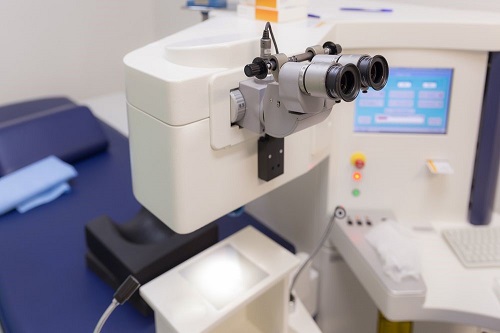
According to the World Health Organization, over 2.2 million people around the world live with vision impairment. Most of them are suffering from chronic eye diseases and uncorrected refractive errors. Thanks to advancements in eye care technology, particularly the introduction of laser-assisted methods, this figure is starting to fall. More and more people are finally having access to safe and quick treatments, such as laser eye surgery.
In spite of the high success rate of laser eye surgery, however, it must not be taken lightly. There are many factors that need to be considered to ensure that the procedure will go smoothly. If you are planning to undergo laser eye surgery soon, here are some of the common mistakes that you should avoid.
Assuming that You Are a Candidate
Unfortunately, laser eye surgery is not for everyone. One of the biggest mistakes you can make in seeking remedy to your blurry vision is to push through with this kind of surgery without the careful assessment and recommendation of an experienced surgeon. Don’t get too excited, and wait for your surgeon to tell you which procedure is best for your condition. You can even get a second opinion just to be sure, because once the procedure has been carried out, it will be almost impossible to repair potential damage.
Basing Your Decision Entirely on Cost
A lot of people treat laser eye surgery as one of those services that they can live without; they’d usually go for the option where they can save more. You have to remember that it’s your eyesight that is on the line. Any wrong choice can lead to irreversible consequences. Because price often reflects quality, it’s safe to assume that sophisticated procedures like laser eye surgery will cost more. You have to make sure, though, that the procedure will be provided by a reputable eye care center, such as Excel Eye.
Washing Your Eyes with Water and Soap After the Procedure
Your surgeon will advise you more than once to avoid washing your eyes with water and soap directly for at least a week after the procedure. This is because the cornea is still healing and there’s a risk of peeling off the flap and contaminating the inner layers. You should wait until your eyes are completely healed. To be sure, ask your surgeon for confirmation that your eyes are ready for the hard work again.
These are only some of the common mistakes that can negatively affect the results of your operation. To make sure you will avoid them, listen carefully to what your surgeons will tell you throughout the process.




